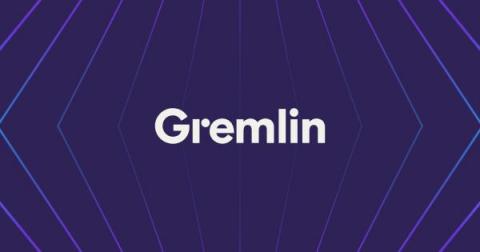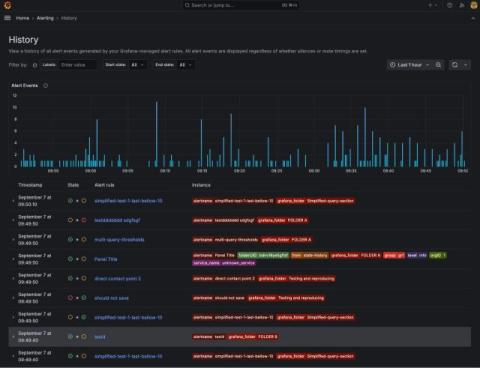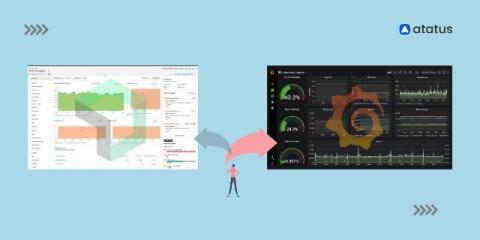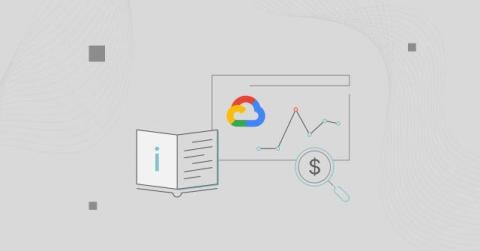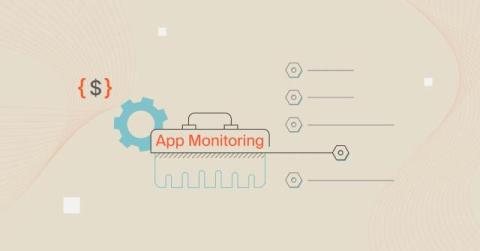At a glance Cisco Secure Application
Take a closer look at how combining advanced monitoring with elite defense strategies provides true security. Our integrated approach leverages sophisticated security technology, such as our bundled agents, ensuring the fastest time to value. Our agents also ensure you have code-level security visibility for vulnerabilities and threats. We provide application-level security - from the inside out!




